MONDAY, NOVEMBER 2ND, 2020
In my previous blog post, I described the artistic impulse which I believe has permeated writing of all kinds since the earliest days of tablet-scratching. Short and simple, my argument was made as much, if not more, to myself as to any reader, because I have for years struggled with writing. It is deeply ingrained into my identity, but also, as I’ll describe later, I find the written word to be anything from mundane to profane, from useless to downright dangerous.
It all started, like everything else, in childhood, at which point I was an obsessive, compulsive, and ambitious reader. In fourth grade, I conquered the largest books I could find, including Moby Dick (I considered it false advertising that so little of the book actually contained a white whale), The Return of the King (the first two volumes must have already been checked out at the library), and at least half of the Bible. Upon reading the first five pages of Ulysses, I decided it couldn’t possibly be worth anyone’s time and put it back on the shelf.
In retrospect I was aggressively attaching myself to an identity, especially one that could be considered high achievement and which was rewarded by approval from my parents and teachers. My literacy translated into a proficiency with the written word, and soon my accomplishments in poetry and essay were just as deeply tied up with my identity as an achiever. Pushed relentlessly by my mother, I participated aggressively in spelling bees, writing camps, and even a gig writing soft pieces at the fair for the local newspaper.
That pathological (and, of course, ultimately damaging) drive for success, propelled ballistically by my mother’s belief that I would fly to greatness on the arc of a pen, landed me on full scholarship at a prep school in Massachusetts, where in my sophomore year I was a finalist for the academy’s prestigious essay prize and read to a packed house of not only my peers, but weirdly, David Brooks, whose alleged compliments of my writing were the cherry on top of my adolescent writing career.
For most of that unspent youth, writing was assumed to be the bedrock of my career in one way or another; I wrote occasional news articles and opinion pieces for the school newspaper and tech blogs, I took classes and camps pertaining to journalism, fiction, and poetry throughout high school, and believed fervently that I would be, at various points, a novelist, a poet, a journalist, a columnist, and/or an academic.
So far, none of those options are foreclosed to me, although I have learned firsthand that journalism is usually stressful, academia is redundant and soul crushing, and creative writing can be downright Herculean. I have tried, failed, and succeeded at all of these throughout my life, but it has so far been impossible to separate the notion of an innate gift or a life’s calling, if such things even exist, from a psychological impulse for attention.

Altered sketch of an alphabet chart uploaded to Wikimedia by ArwinJ demonstrating the connections between letters in the Roman, Greek, Phoenician, Hebrew, and Arabic alphabets.
I also find language to be the most abstract, sacred, and dangerous semiotic form, which ultimately constitutes everything we sometimes label “magic.” Music, visual art, and film are each in their own ways more direct, more impermeable, and more unambiguous arts than the written word. If music and film are kinds of hypnosis, deeply entrenched dream worlds which directly stimulate the senses, writing is a much more conscious and intimate approach: From a series of minute, infinitely complex organizations of simple shapes, each reader must construct their own forms entirely on their own. Unlike the art of painting, virtually all writing (with apologies to the Mark Danielewskis or e e cummings of the world who still meander valiantly across the page) requires the eyes to contradict themselves completely, and see only that which is not made visible on the page. Unlike the art of music, writing beseeches you to hear what you do not hear; unlike the art of cooking, writing may provoke you to smell what you do not smell. And yet it can only conjure that which is already known, or at best combine pre-existing concepts into new forms. Writing is by definition esoteric, mystic, and uniquely subjective. It does not create, but rather forces the reader to create, entirely on their own, in real time.
How do I trust myself to wield this powerful yet elusive magic mirror? And, more selfishly, how do I construct a reflector that is both subjective and useful, that pleases those who look in it while still claiming some modicum of reality in the reflection? Are even these words useful and meaningful, or are they simply self-indulgent? Or maybe both? In our age, uncertainty is the only certainty, as we have become all too aware that power, truth, and meaning are nothing but semiotic alchemy, constantly-morphing sculptures formed by all-too-human hands who ensure only that the clay never dries.
All this is, essentially, to say that words should not be taken lightly, even as my life has been devoted to their mass-production. Every stroke of the key or the pen shapes the world, is the world, and all of us must live in it. There's no shame in writing carefully, or ethically, or not at all.